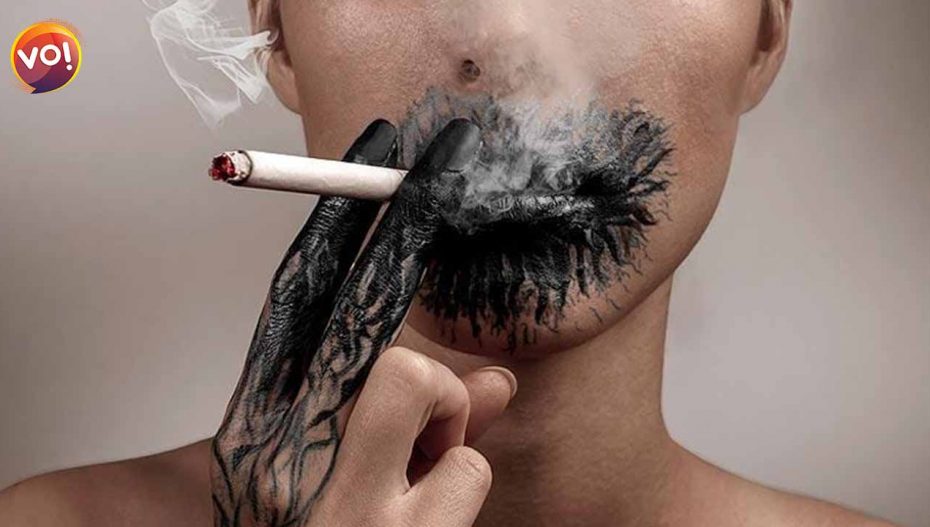Anxiety works in different ways. For some, it signals stress and panic disorders while for some, it leads to seeking relief in physical work-outs, creative pursuits, or even binge eating. However, medics warn against the puffs that some resort to as a therapeutic activity.
According to the Global Adult Tobacco Survey India, 2016-17, about 267 million persons in India are tobacco addicts. That amounts to 12% of the world’s smokers. About 20.6% of users had depression symptoms while 20.7% suffered from anxiety symptoms.
Likewise, a 2019 report by Centres for Disease Control and Prevention, concluded that nearly 5% of Americans (50.6 million) either smoke, vape, or use tobacco products. A whopping 45% of this number suffers from severe anxiety, 30% from mild anxiety, and 18% from negligible to zero anxiety.
However, research is still underway on whether smoking leads to anxiety or anxiety triggers smoking and/or nicotine dependence?
Explaining the causal relation, Ahmedabad-based psychiatrist Dr. Spandan Thaker, explains: “For those already suffering from a baseline anxiety disorder, smoking is a two-edged sword. The more they smoke, the better they feel. It develops into an addiction and leads to withdrawal symptoms, should the individual decide to refrain. The situation precipitates into anxiety, leading to mental disorders, sometimes even depression and schizophrenia.”
Dr. Thaker elaborates that the “feel good” has to do with the nicotine and tobacco numbing of receptors. “Such cases are low on the neurotransmitter dopamine. This chemical along with serotonin makes up the “happy hormones.” The gnawing lack of their own hormones is suppressed for a while by the puffs. “Then, when the numbness wears off, the anxiety kicks in if a repeat is not in quick succession,” as he puts it.
To understand that co-relation better, socio-psychological counselor Dr. Vishwamohan Thakur explains: “People with anxiety lack control over their circumstances and body. Smoking leads to a momentary sense of happiness.” An expert in behavioral therapies such as anger management, behavior and thought process, and hypnotherapy, he also cautions against the vicious cycle: “Nicotine exaggerates the anxiety and leads to sleep deprivation. On the other hand, the more anxious [one] becomes, the more out of control things are for [them].”
On a concluding note, Psychiatry Reports of 2020 noted “considerable discrepancies for the precise role of anxiety in smoking onset, severity, and cessation outcomes.”
Despite the peculiar association between anxiety and smoking, it is not advisable for anyone who suffers from anxiety to have a smoking tendency. It is unhealthy and ineffective as a treatment for anxiety. The long-lasting consequences are detrimental to health and social well-being.
Read more: Experts Suggest Tested and Tried Ways of Tackling Anxiety












